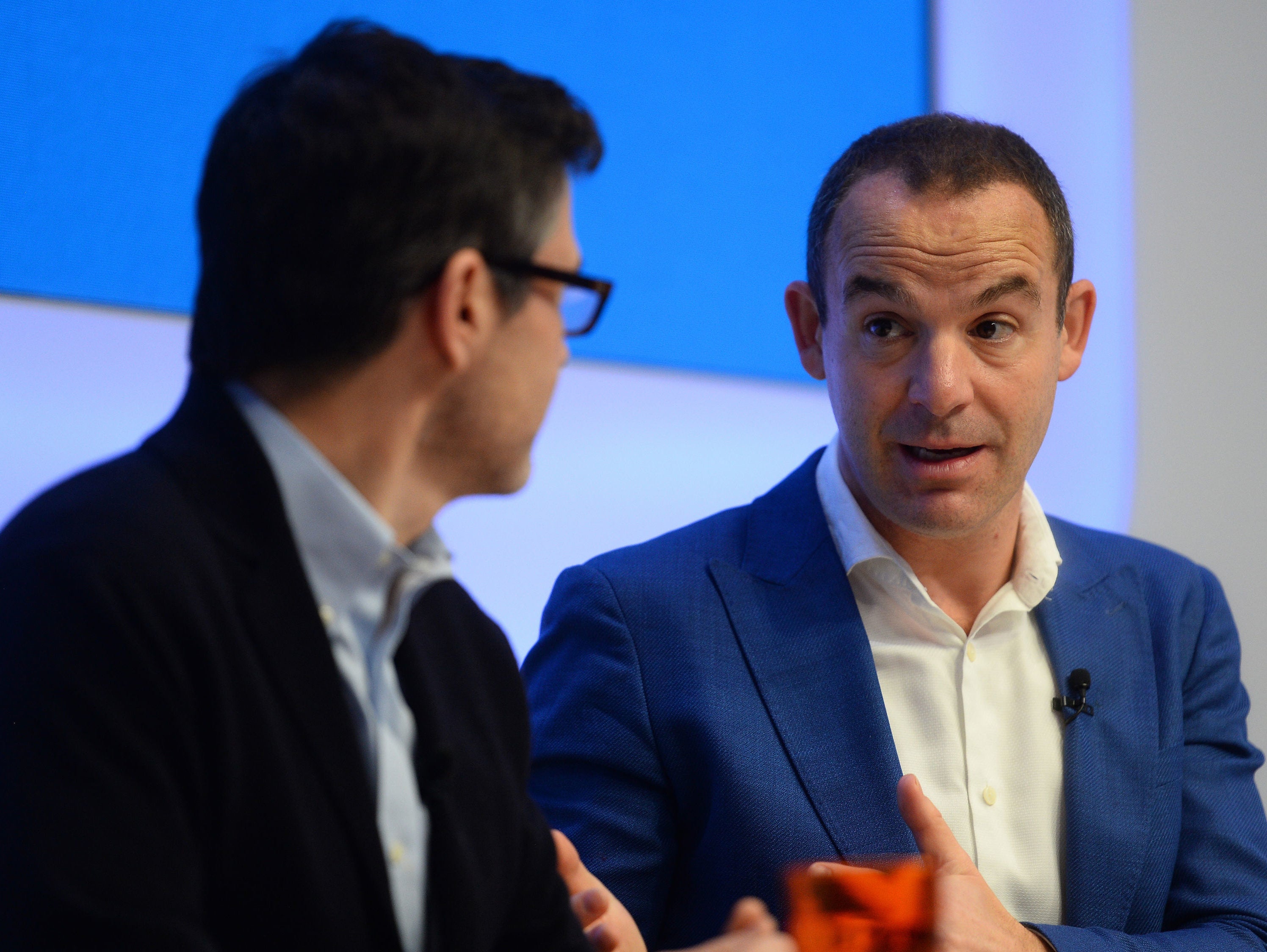
Money Saving Expert founder Martin Lewis has dropped a defamation lawsuit against Facebook over scam adverts, which he claimed used his name to con people out of money, after it agreed to donate £3m to charity.
At a press conference this morning hosted by Lewis and Facebook, the social media giant said it was also creating a new reporting button for scam ads in the UK, backed by a dedicated team to handle reported issues.
The internal Facebook team is expected to launch in about three months’ time in the UK and could later be rolled out globally.
Lewis had been pursuing Facebook through the High Court since April over claims that scammers had been piggybacking on his reputation as a well-known financial journalist to prey on users with get-rich-quick plots.
He said the real aim of the legal action had been to force change at the social network, adding that he planned to give any damages he won to charity.
The settlement reached between Lewis (pictured, right) and Facebook will see the web giant donate £3m to charity Citizens Advice, formerly the Citizen’s Advice Bureau, for a new UK scams action project.
The pair said the funding will “allow the charity to independently undertake scam prevention work, focused on identifying and tackling online scams that impact people in the UK, as well as supporting victims”.
The project is expected to launch in May this year.
The scam ads button will enable users to easily flag adverts they believe to be scams which violate Facebook’s advertising policies. Facebook said it would enable it to “better keep pace with new types of scams and gather important feedback from users”.
Lewis said today that after seeing more than 1,000 scam adverts on Facebook using his name in a year and deeming the website’s handling of the problem “not good enough” – while Money Saving Expert effectively had to dedicate a full-time member of staff to deal with the issue – he felt he had to resort to legal action.
The journalist, who has also recouped his legal costs from Facebook, said: “I didn’t want to take out a lawsuit. That was never my aim.
“My aim was to try and reduce and stop the hideous number of scam adverts that have been going on in UK online advertising that have really hurt real people.”
Lewis said the settlement with Facebook was “so far and away from anything we would have got in court”, where he expected the best result would have been £150,000 in damages to donate to charity.
Lewis added he has again been “plagued” by scam adverts over the past two months, adding: “Some of them have been on Facebook and when I have told Facebook they’ve taken them down very quickly. But that isn’t the case at Google.”
He said Google and other online advertising platforms “have to start to take responsibility” to improve their reporting protocols of scam ads and donate money to CASA as “real people are seeing their life savings taken away, real people are losing money they need to live on”.
He has threatened to take similar action against Google or other online advertisers that do not “start to take responsibility” for scam adverts.
“I’m not ruling out another lawsuit if things don’t improve,” he said, adding that he hoped today’s announcement sets a precedent for the social media industry.
Steve Hatch, Facebook’s regional director for northern Europe, apologised to Lewis, saying: “I am sorry, Martin, for the lengths you have had to go to get us to focus on this area.”
He said: “These ads have never been allowed on Facebook and for a long time we have been committed to tackling online scam ads and the scammers that produce them.”
Hatch (pictured, left) added: “We want these ads off our platform. They are bad for people and they are bad for business, but these scammers with criminal intent… they use all sorts of techniques to get around our system.
“We need to keep evolving our technology to be more effective… We have made good progress in this area and what Martin has pushed us to do is focus specifically on public figures here in the UK.”
Lewis said, for example, that one scam ad had missed being caught before publication because it used a Cyrillic letter in his name, part of the Russian alphabet, rather than a Roman one.
Lewis’ solicitor, Rory Lynch of Seddons, said the “groundbreaking” defamation suit reflected “Martin’s passion for protecting the public from scam adverts”.
“Martin took on significant risk in order to make Facebook confront this pernicious practice. This action led to an innovative agreement that sets an important precedent for other industry players to follow.”
Picture: Kirsty O’Connor/PA Wire
Email pged@pressgazette.co.uk to point out mistakes, provide story tips or send in a letter for publication on our "Letters Page" blog

